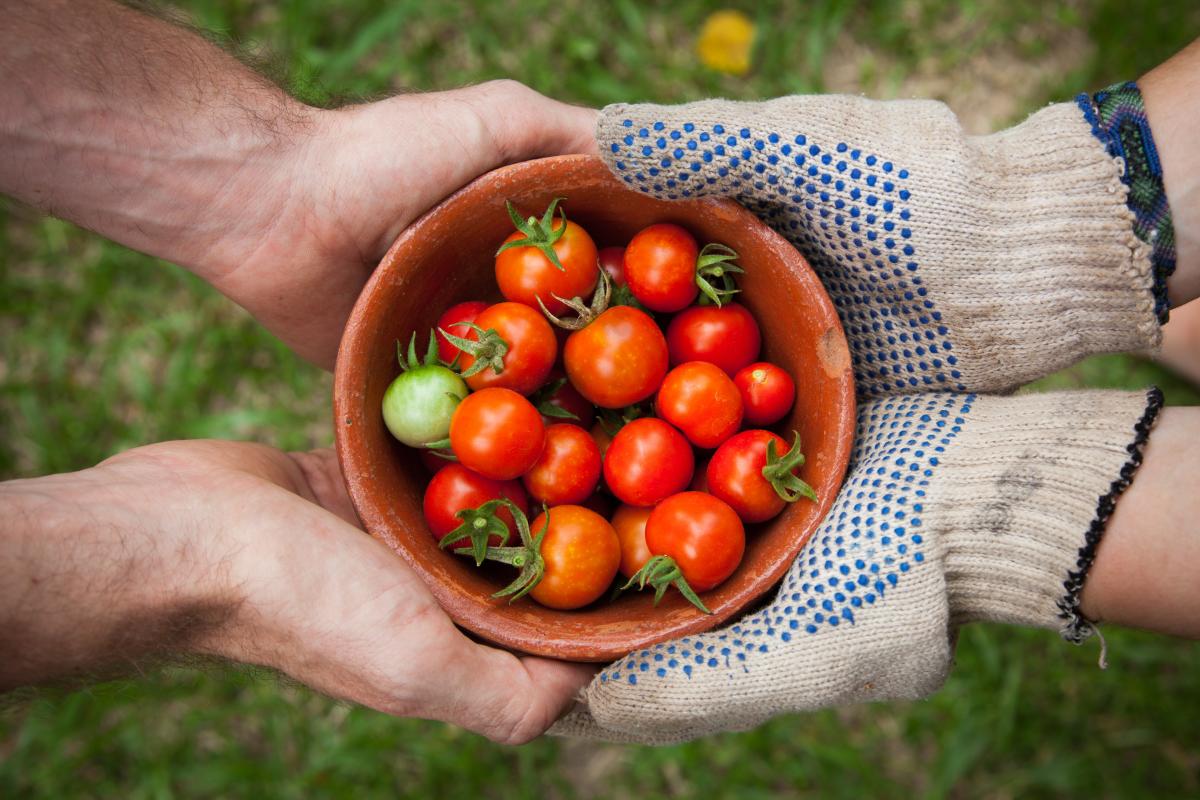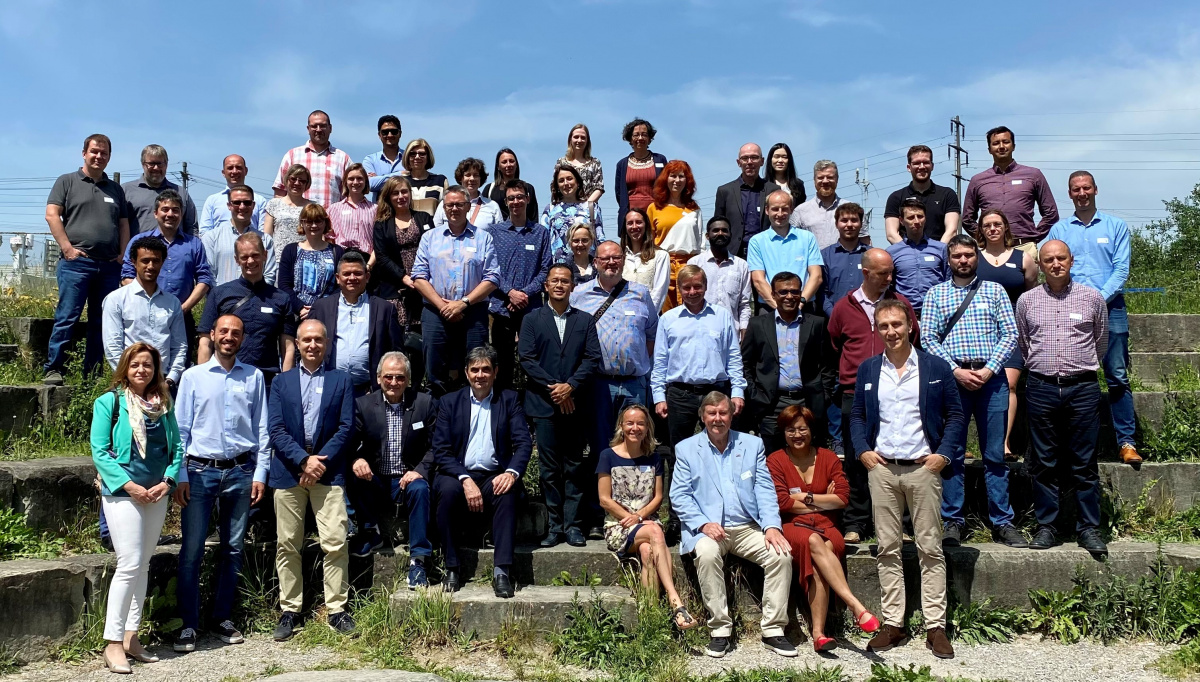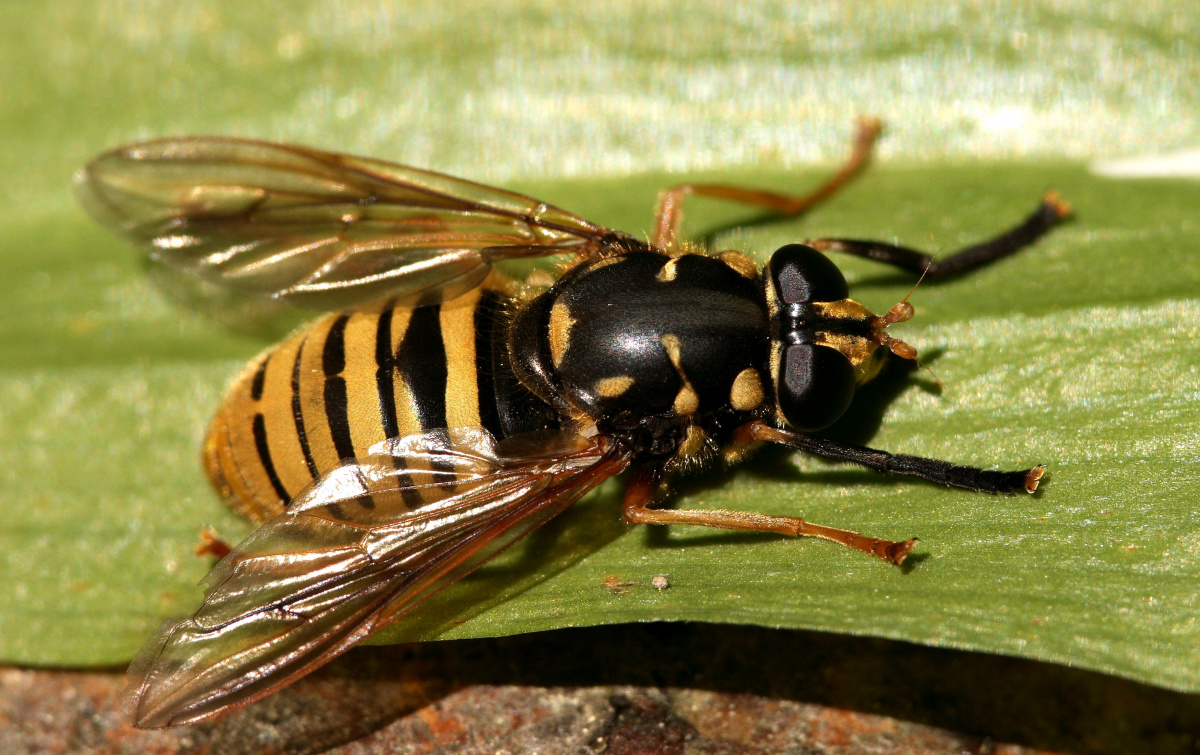Sustainable agriculture explained!
IUCN Europe is launching the report “Approaches to sustainable agriculture”, a referential document for the key approaches, concepts, and practices being considered by practitioners, researchers, and policy makers today. This report comes at a crucial time, to help with the implementation of the recently launched EU Green Deal, in particular the Farm to Fork and Biodiversity Strategies.

Photo: Elaine Casap - Unsplash
Humans are experiencing two major crises: large-scale loss of nature and climate change. 2020 also brought about a third, new kind of global crisis with COVID-19. This new situation has caused delays for many environmental initiatives, and the momentum for nature we witnessed during the build-up to 2020 has also been impacted due to priorities shifting to tackling the COVID-19 pandemic.
Yet it is now, more than ever before, that society must work firmly towards agreed the necessary environmental goals. In this context, sustainable agriculture is essential as agriculture it is a key human activity that depends intrinsically on natural processes, including soil fertility, water recycling, and pollination, and both nature and agriculture are increasingly suffering the negative impacts of climate change.
The new IUCN report “Approaches to sustainable agriculture” aims to shed some light on the abundance of understandings and terminology in the field - the many different approaches, practices, concepts - which can distract from the focus of building a common path forward for sustainable agriculture in the future. Whether it is agro-ecology, regenerative agriculture, organic farming, nature-inclusive agriculture, ecological intensification or others, all decision makers and stakeholders in the farming and environmental communities need clarity as a very first step. Different approaches to sustainable agriculture exist, and they have a number of important commonalities and challenges, but also that their diversity is a strength in itself.
Considering that the production of healthy food at affordable prices with environmental protection at the core is crucial for our survival as a species, addressing these challenges is the most important step we need to take for our common future, right now. “To ensure the road to genuine sustainable agriculture is a just transition, it is important to provide enough support for the necessary additional investments needed while keeping agricultural activity also profitable”, said Luc Bas, Director of the IUCN European Office. “The new Common Agriculture Policy should become our main tool to achieve sustainable agriculture in the EU”.
Background
The International Union for Conservation of Nature (IUCN) is a membership Union composed of both government and civil society organisations. It harnesses the experience, resources and reach of its more than 1,400 Member organisations and the input of more than 15,000 experts. This diversity and vast expertise makes IUCN the global authority on the status of the natural world and the measures needed to safeguard it.
The IUCN European Regional Office connects and engages in policy dialogues with European institutions, governments, civil society, NGOs, science and the business communities to improve conservation policy and action. The European Regional Office is engaged in a range of policy areas and projects (for instance, the well-known European Red List of Threatened Species) and focuses on issues such as biodiversity, agriculture, climate change, nature-based solutions and the circular economy. The Brussels Office also advocates for Members at the EU level in case of urgent policy developments at national or local level.
The IUCN Programme 2017-2020 was approved by Member organizations at IUCN’s World Conservation Congress in September 2016 in Hawaii, USA. It was developed as a result of a nine-month consultation process across IUCN Members and Commissions. The IUCN European Work Programme 2017-2020 follows the same structure and subresults as the abovementioned IUCN Global Programme 2017-2020.
Building on IUCN’s convening role in bringing together a diversity of actors on matter relating to nature conservation, IUCN has been increasingly involved in discussions with a variety of stakeholders on the subject of sustainable agriculture in the global, EU, and local contexts. For example, together with the European Commission’s Directorate-General on Agriculture and Rural Development, IUCN has been organising a series of Roundtables on the Green Architecture of the Common Agricultural Policy, bringing together farmer organisations and environmental NGOs to discuss potential ways forward.
Highlighted messages from the new report
- The approaches examined in this report would appear to share more similarities with each other than with conventional agricultural approaches.
- The approaches all share the common goal of striving for sustainability, which includes environmental aspects but also socio-economic considerations
- Each approach valid in a given set of circumstances: this report shows that different approaches exist, that they have a number of important commonalities, but also that their diversity is a strength in itself.
- Most of the approaches share some common challenges, related with low profitability and/or low productivity, more costly in terms of knowledge and/or labour, challenges related with their uptake and scalability, and very importantly the lack of common metrics for their environmental performance.
- Many of the approaches share similar environmentally- friendly practices, including: crop rotation, cover and companion cropping, mixed and intercropping, the reduction of synthetic pesticide and mineral fertiliser use, no or minimal tillage, lower livestock densities, managed and free range grazing, as well as: crop diversification, mixing farming and forestry, mixed crop and animal farming, nutrient balancing, recovery and reuse, and the inclusion of landscape elements such as hedgerows and flower strips. Without being exhaustive, we may nevertheless conclude that all the practices listed can be considered “sustainable agricultural practices”.
Contacts
Alberto Arroyo Schnell
Senior Policy Manager
alberto.arroyo@iucn.org
+32 491 71 06 85
Barbara Pia Oberč
Policy Officer
Barbara.Oberc@iucn.org
+32 2 739 0311



